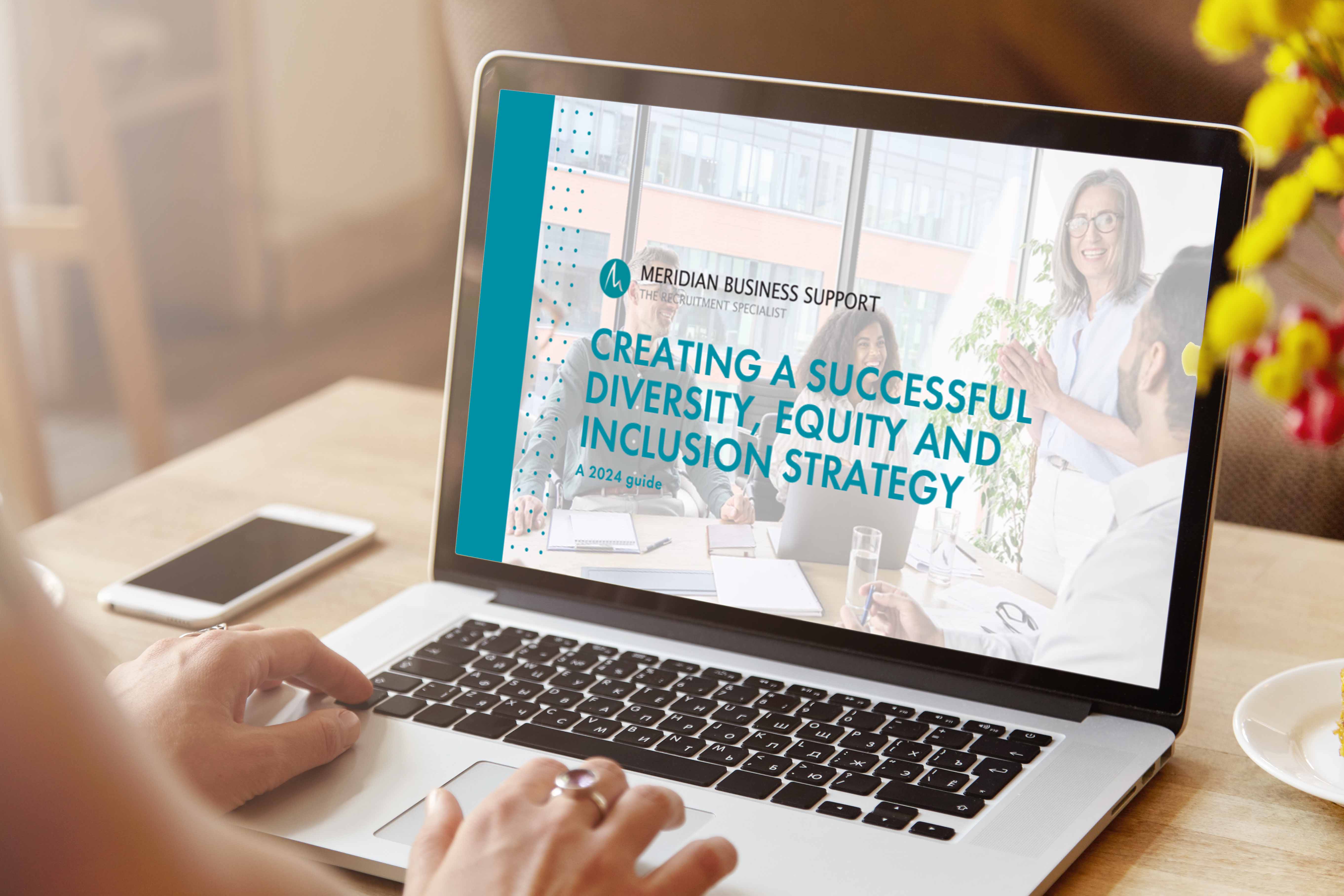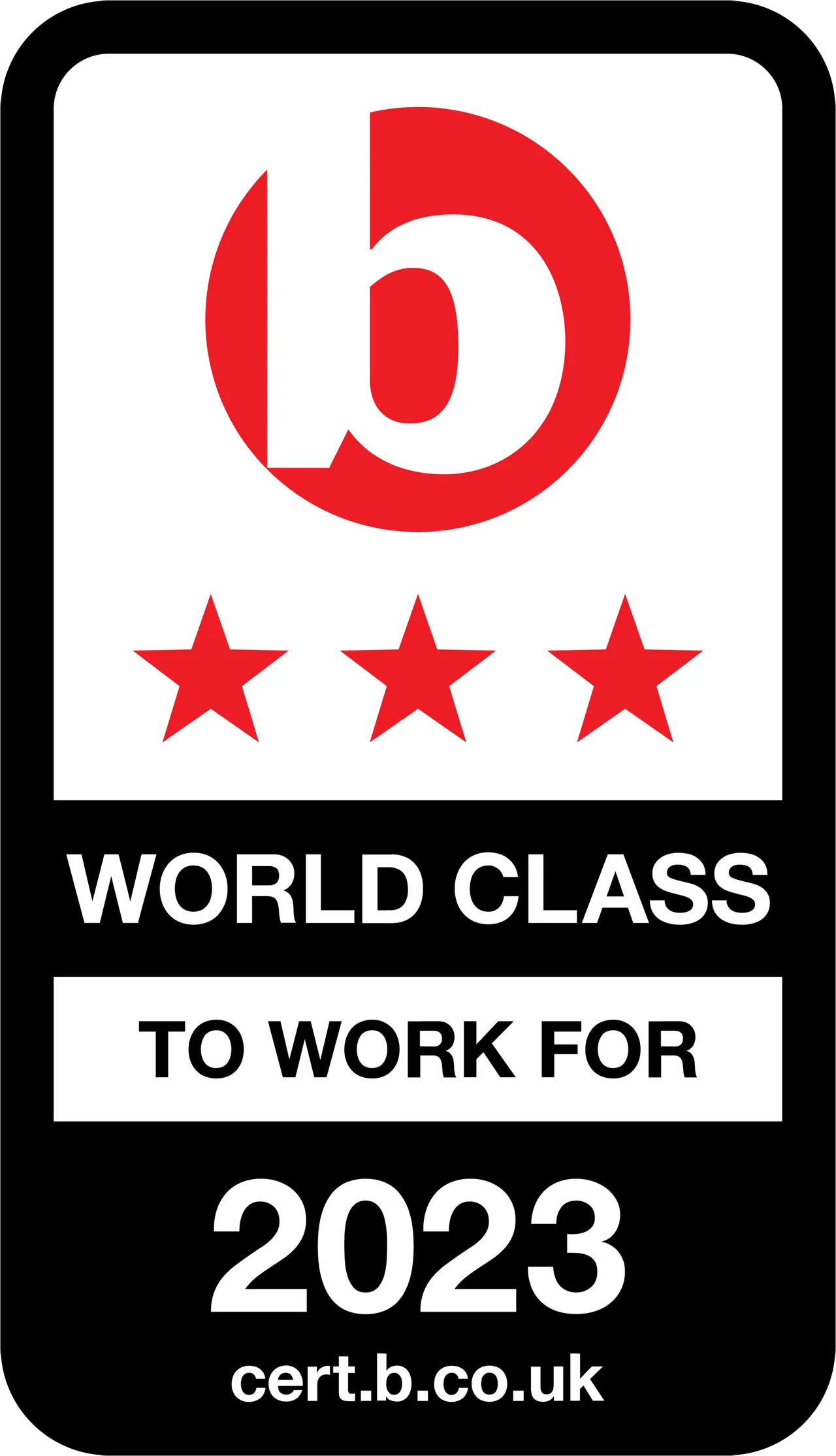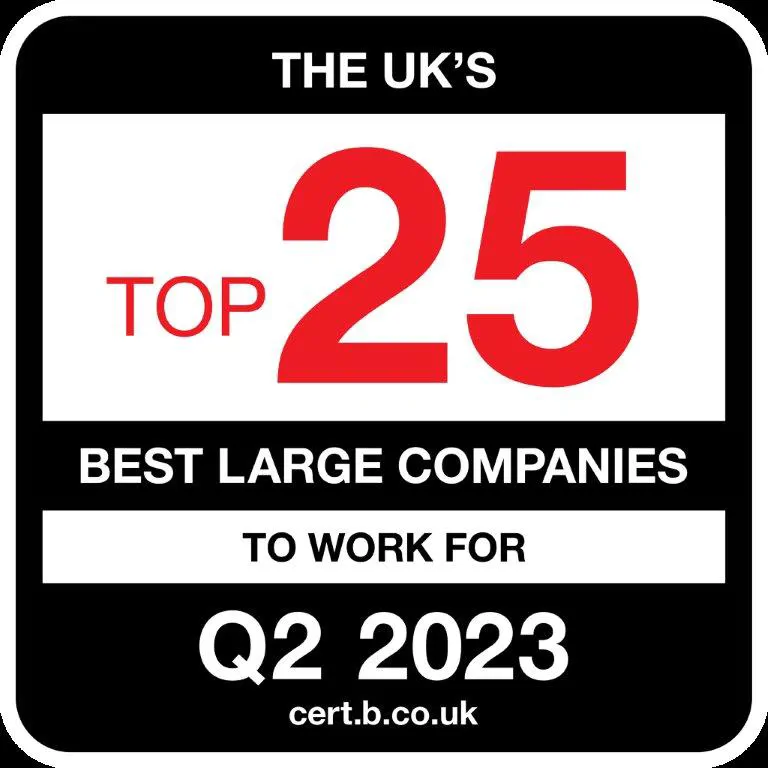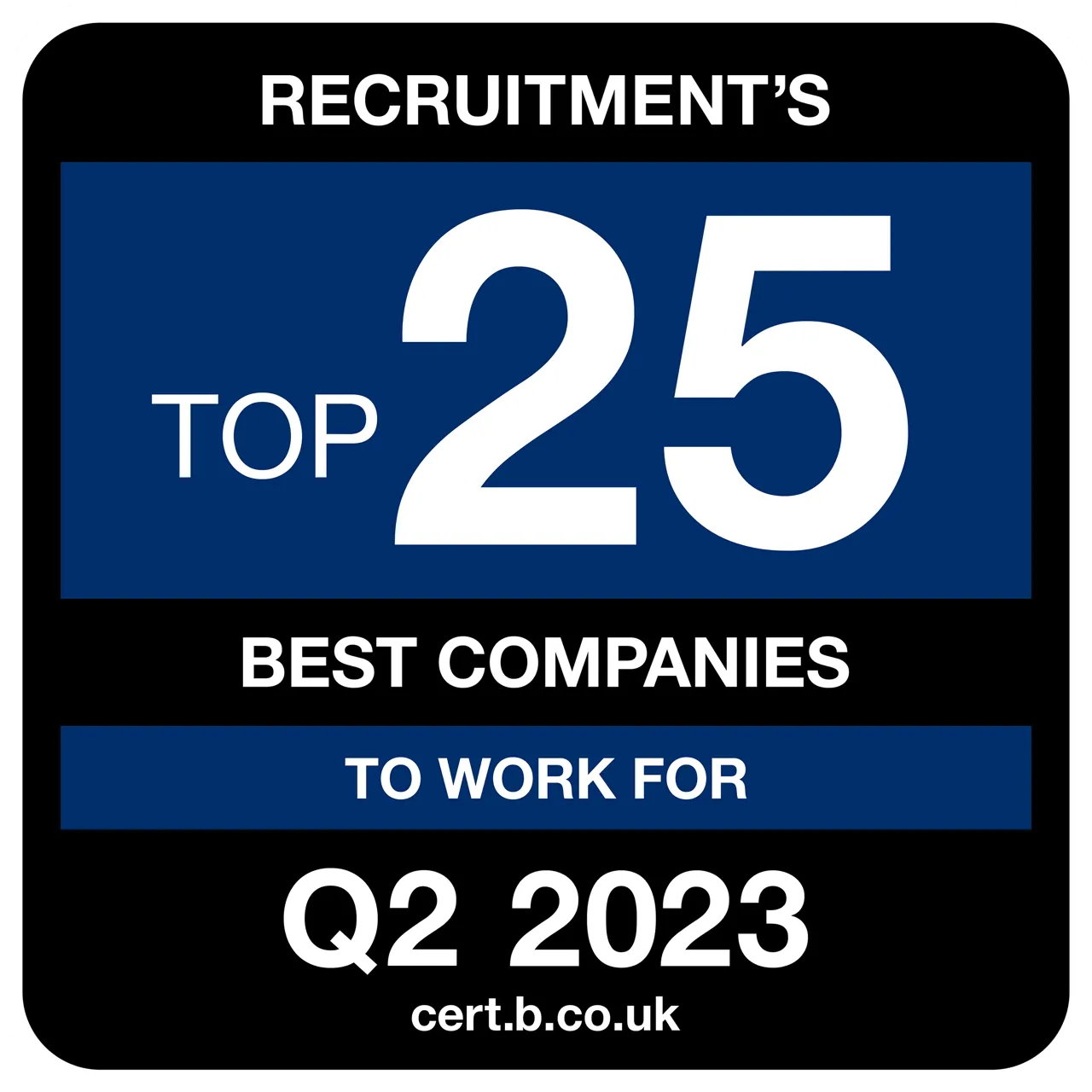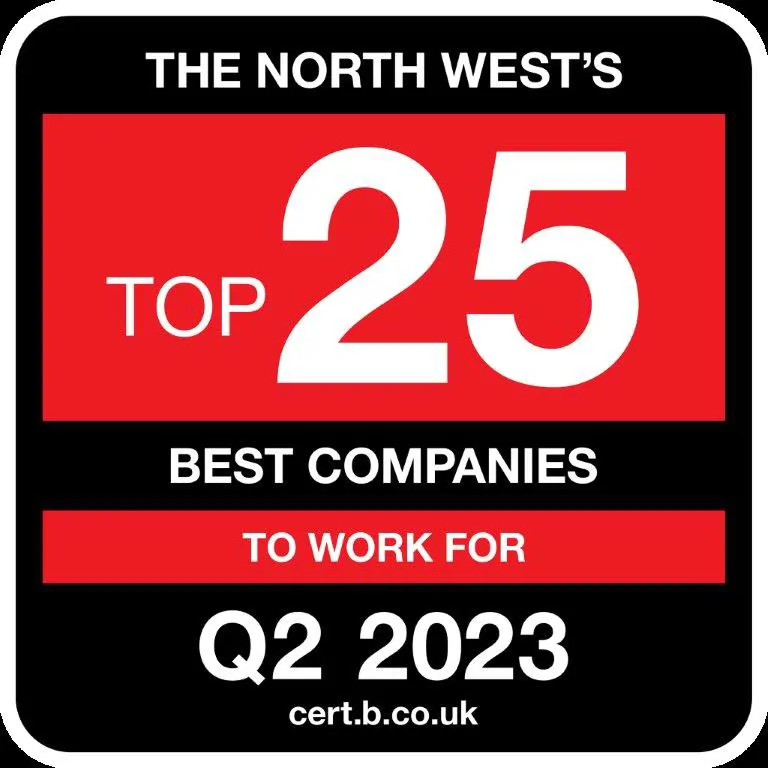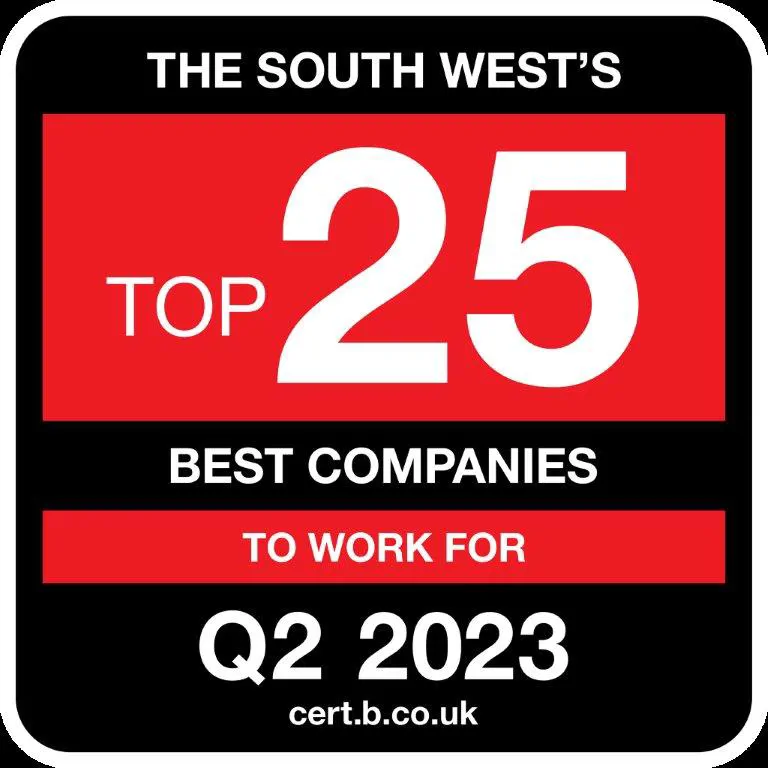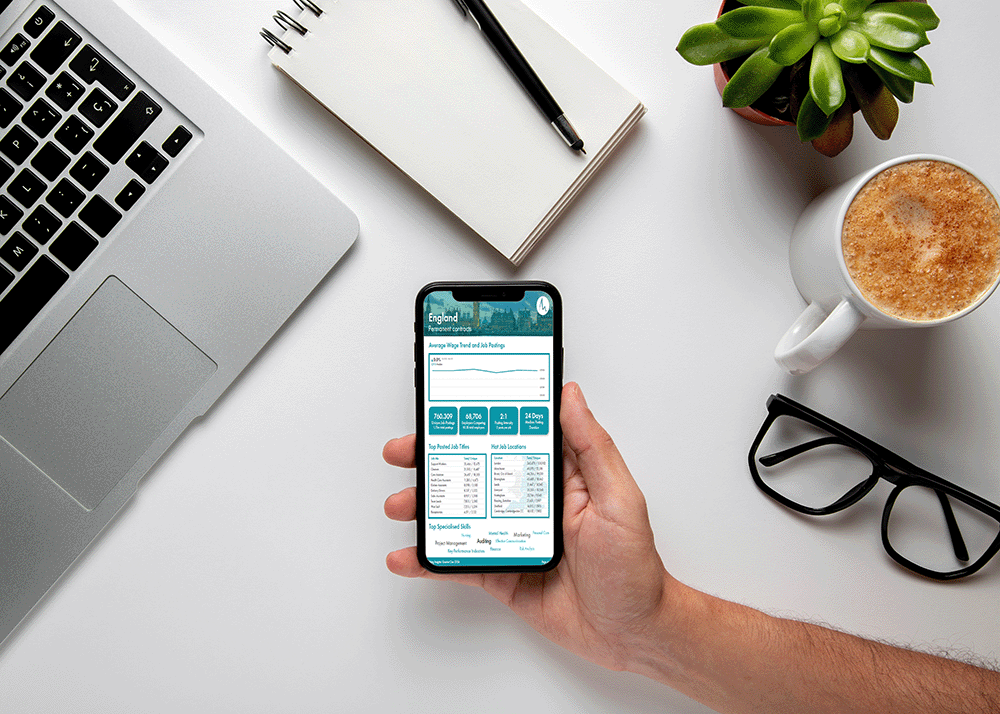
We won't go back' | Casual wear is here to stay, but what effect does it have on business?
29 Jun, 20217 minutesWorkplace Dress CodesFoot Locker’s CEO told the BBC: "I don't think it'll go back to 'more f...
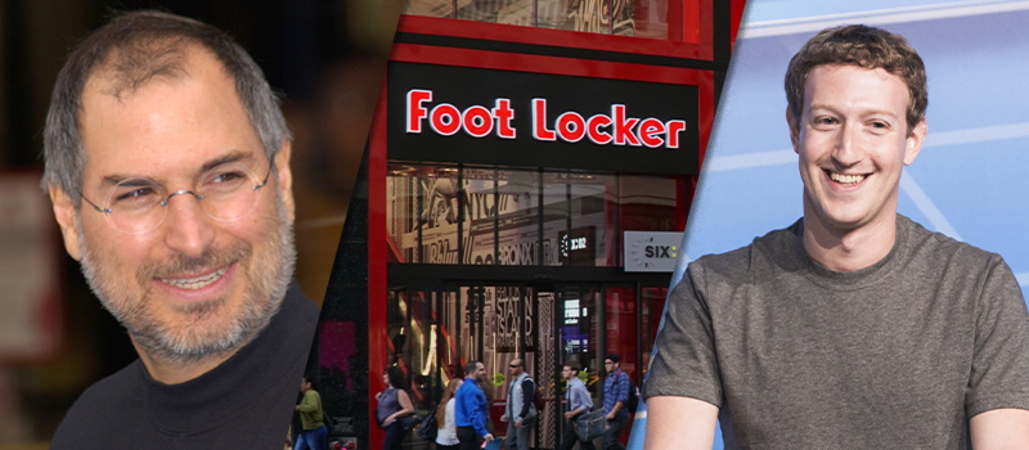
Workplace Dress Codes
Foot Locker’s CEO told the BBC: "I don't think it'll go back to 'more formal'. I think it will still be fairly casual, it will be a new level of business casual in my opinion."
However, currently just 36% of companies plan to totally relax their dress codes - up from a mere 19% in 2014.
So what impact does this have on business? 87% of employees believe a casual policy improves morale, whilst 47% feel that it positively impacts their productivity.
When you think of office attire, you’re likely picturing uncontroversial grey suits, pressed buttoned shirts and neckties, high heels and long skirts. Yet, every worker who has donned a suit or a thick skirt regularly knows the extreme discomfort of sitting at a desk in a non-air-conditioned office on a sweltering summer day, or the feeling of relief that comes from arriving home, and taking off a particularly uncomfortable pair of smart shoes.
And this was still largely the norm in many businesses until recently, when the coronavirus forced even the most senior sharp-dressers to their home offices, and suddenly there was no need to consider any factor in work clothing other than comfort. Yet, as offices start to reopen and white-collar workers once again consider their clothing choices before heading back to the office, now is the time when leaders need to consider whether traditional work attire is really necessary.
'A new level of business casual'
Speaking to the BBC recently, Foot Locker, Chief Executive, Richard Johnson, spoke on this very issue, noting that he believes the benefits of prioritizing comfort over formality will propel most workers to shun their smart clothes.
"As people do go back, I think their wardrobe will change, their uniform will change a bit. But I don't think it'll go back to 'more formal'. I think it will still be fairly casual, it will be a new level of business casual in my opinion," he said, adding that his company had seen a massive surge in the purchase of casual, comfortable clothing over the past 18 months.
The top executive even noted that he personally refuses to wear shoes that aren’t specifically designed for comfort in any given circumstance – unsurprisingly, his choice is often sneakers. "I have my wedding sneakers, my baptism sneakers - I even have my funeral sneakers because I'm getting up in age and you've got to have the right shoes,” he added.
Mounting trend in leadership
Of course, not all businesses or leaders stuck vehemently to the concept of workwear pre-pandemic. Some of the more notable executives across the Silicon Valley have been extolling the benefits of a more casual wardrobe for over a decade. No conference featuring Apple’s leader Steve Jobs was complete without a sight of the tech guru’s iconic black turtleneck. Twitter’s Jack Dorsey is also known for his penchant for hoodies and beanies in corporate settings, whilst Facebook’s Mark Zuckerberg is never seen without his customary grey T-shirt and blue jeans.
Zuckerberg has even spoken out previously on his choice of clothing, telling Business Insider in 2014: “I really want to clear my life to make it so that I have to make as few decisions as possible about anything except how to best serve this community.
“I'm in this really lucky position, where I get to wake up every day and help serve more than a billion people. And I feel like I'm not doing my job if I spend any of my energy on things that are silly or frivolous about my life.”
The business case
So, there are a myriad of reasons why making your company’s future casual-first may be an effective business decision. As previously mentioned, the pandemic has allowed people to choose comfort over style, and as Zuckerberg stated, being able to wear just a few casual clothes in any circumstance eradicates outfit-driven decision fatigue.
However, there are a range of studies that also put forward some surprising statistics on the benefits of casual wear within the workplace. In fact, a study from Stitchmine found that 87% of employees believe a casual policy improves morale, whilst 47% believed that it actively positively impacts their productivity. A surprising 57% noted that they believe that they are judged more on performance and less on their choice of clothing, and, possibly the most important, 43% said that their boss was more approachable.
A separate study from Stormline, conducted in 2020, found that 61% of employees are more productive when the dress code is relaxed, and 80% of people who work in an environment with a dress code responded that they don’t find them useful. Yet, even in 2020, just 36% of companies planned to totally relax their dress codes – and even this was an increase on 2014, when research found that just 19% had a relaxed dress code.
Where should you stand?
It seems that even pre-pandemic, many sectors were progressing to an unrestricted model for work dress codes. And this is something that Cary Cooper CBE, Professor of Organizational Psychology & Health at the Manchester Business School, believes can only be a positive.
“Employers should trust their people enough to let them dress how they please,” he recently told Recruitment International. “They may wish to advise on items they don’t want to see in the office, but to specify what they must wear is highly patronizing,” he concluded.
So, as the world of work continues to change and progress, it seems that the formal dress code may well look set to become a thing of the past. How do you feel about formal wear at work? Let us know in the comments…
Source: Executive Grapevine


